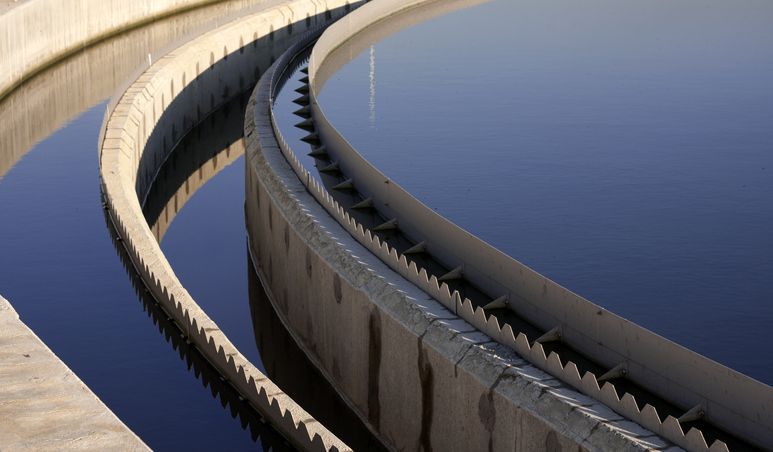In Tuesday’s announcement of the federal carbon tax, Ontario, New Brunswick, Manitoba, and Saskatchewan will find fewer opportunities than under other emissions reduction models.
In its announcement, the federal government recognized the work of Alberta, British Columbia, Newfoundlandand Labrador, Northwest Territories, Nova Scotia, Nunavut, Prince Edward Island, Quebec, and Yukon in finding a solution to price carbon emissions.
“The effects of climate change are everywhere, and they are a constant reminder of the need to act now,” said Prime Minister Justin Trudeau. “Protecting the environment is a responsibility we all share. That is why we are taking action to promote clean energy and growth in Canada.”
The announced carbon tax was not well received by some.
“A very real challenge to our province is a federal carbon tax. This tax is an ineffective policy that will not significantly reduce emissions,” said Saskatchewan Premier Scott Moe in a throne speech, yesterday. “Instead, it will harm our economy and make life less affordable for Saskatchewan people.”
Ontario is in a unique position in that it previously had its own regime for pricing carbon pollution that was eliminated shortly after the Progressive Conservative government took office in the summer of 2018.
The Trudeau Liberals have lost their argument with Canadians. Anyone who tries to convince you that any tax will put more money in your pocket should have you thinking twice. We will stand with the people of Ontario and fight against this unconstitutional tax #onpoli #cdnpoli pic.twitter.com/xdbrgHCuh4
— Rod Phillips (@RodPhillips01) October 23, 2018
“Generally, as you know, we desperately need to have strong action on climate change for many reasons. One of which is its impact on Ontario’s water and water resources,” said the Environmental Commissioner of Ontario, Dianne Saxe to Water Canada. “We had cap and trade, which as I reported, I think was better for Ontario than the federal carbon tax, but we don’t have that anymore.”
“The impacts will be quite different than cap and trade’s. One of the differences is that, under cap and trade, most of the money was being pumped back into public services: hospitals, schools, universities, municipalities, and that included money that could be used to reduce the greenhouse gas emissions in water and wastewater facilities,” said Commissioner Saxe. “And as I recorded in Every Drop Counts, last year, that’s a lot of greenhouse gas emissions.”
Commissioner Saxe also noted that three-quarters of Ontario’s cap-and-trade money was flowing back to public services. “The federal carbon tax is going to do almost none of that,” she said.
As Every Drop Counts reported, supporting water and wastewater infrastructure that harnesses greenhouse gases for biogas generation is one way funds generated from cap and trade could have created a positive feedback cycle in emissions reduction. Still, the Commissioner is glad to have some tax on carbon in the province, calling the federal program “much, much better” than nothing.
As the Financial Accountability Office of Ontario (FAO) recently reported, “By cancelling the cap and trade program, the province’s annual budget balance will worsen by a cumulative total of $3.0 billion over the next four years.”









